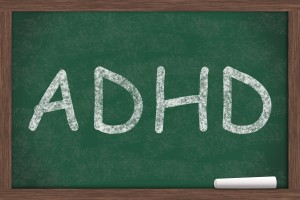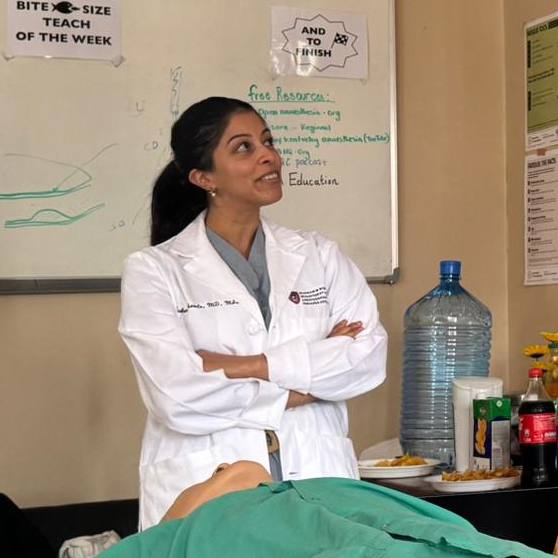-
TUESDAY Q &A : Children diagnosed with ADHD may continue to have symptoms into adulthood
DEAR MAYO CLINIC:
Our son was diagnosed at the age of 9 with ADHD. He is now 13 and doing well but is still on medication. Will he need to continue taking the medication until adulthood, or do children usually outgrow the condition as they mature?
ANSWER:
Attention-deficit/hyperactivity disorder (ADHD), is a chronic, lifelong condition. Throughout their teen years, children with ADHD need to continue taking medication to effectively control the disorder. As adults, about 50 to 60 percent of people diagnosed with ADHD as children continue to have symptoms and may benefit from treatment.
Children with ADHD usually have a combination of problems, such as hyperactivity, impulsive behavior, disorganization and difficulty maintaining attention. Hyperactivity tends to decrease in the teen years and often goes away in adulthood. However, for most people, difficulty with attention and organization persist as they get older. With that in mind, physicians usually recommended that children stay on ADHD medication throughout their teen years.
Taking the medication is particularly important in helping teens to be successful in school. As students, they need to be able to learn new information every day. Medication allows teens with ADHD to effectively process and retain that information. Without it, those tasks can be very difficult, particularly in middle school and high school as workloads become heavier and class subjects become more difficult.
ADHD medication also helps with organization. Each day, most middle school and high school students are required to transition from one classroom to another, meet the expectations of multiple teachers, understand different course curricula, and keep track of their belongings. All of this requires a high level of organizational skill.
As they grow, children may need adjustment in the kind or amount of ADHD medication they take. For example, young children may only need medication that lasts four to six hours each day to help control symptoms during the time they attend school.
Teens with ADHD often need longer coverage. Extra-curricular activities that go beyond the school day also require a high level of learning and organization. If students are involved in after-school activities, homework often must wait until later in the evening. Concentration is needed for that, as well.
As they reach the age when they can begin driving, it is critical teens with ADHD take medication regularly. Driving requires careful attention. Studies have shown that teens with ADHD who do not take medication are four times more likely to be in an accident than those who do.
For teens who continue their education after high school, staying on ADHD medication is a good idea. Just as they did in high school, these medications will help students perform better in college.
After schooling is done, doctors typically recommend that adults take ADHD medications if symptoms of inattention and disorganization affect day-to-day life, including home, work and social interactions.
Adults diagnosed with ADHD as children who manage without medication do so not because the condition has gone away, but rather because they have learned to handle their symptoms through lifestyle choices. For example, they may use tools like planners, calendars and phone apps to remind them of important activities and to help them stay organized. Also, some adults have jobs in which learning new information is not required on a regular basis.
Some parents worry that taking ADHD medication for years may lead to other health problems in their children. Studies have found no long-term risks in taking these drugs. They can provide safe, effective treatment for ADHD. And, when it is successfully managed, those affected by ADHD can function well and become successful in any professional field they choose. — Jyoti Bhagia, M.D., Child and Adolescent Psychiatry, Mayo Clinic Children’s Center, Mayo Clinic, Rochester, Minn.







